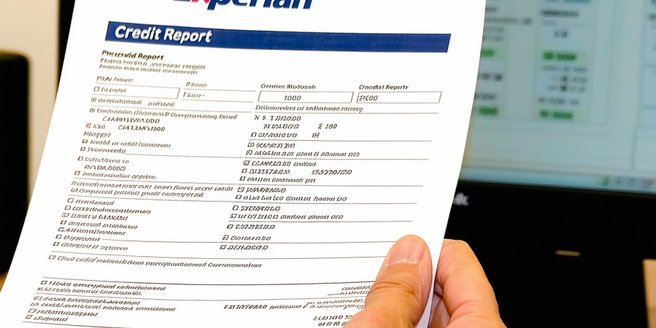
Understanding Your Credit Rights
Every consumer has specific rights when it comes to credit. Knowing these rights is crucial to safeguarding your financial health. Understanding credit rights can be the key to preventing identity theft and other financial fraud. Federal laws like the Fair Credit Reporting Act ensure that consumers have access to accurate information about their credit reports. This law mandates credit reporting agencies to maintain fair and accurate information. As a consumer, you have the right to access your credit report, dispute incorrect information, and expect corrections to be made. Understanding these rights allows you to better manage your credit score and utilize credit responsibly. It’s vital to stay informed and proactive about your credit to avoid any unexpected surprises that could impact your financial future.
How to Access Your Credit Report
Accessing your credit report is a key component of financial literacy. By law, you are entitled to one free credit report annually from each of the three major credit bureaus: Experian, Equifax, and TransUnion. Be sure to mark your calendar so you don’t forget to check your report each year. To obtain your free report, visit the official site AnnualCreditReport.com. Regularly checking your credit report allows you to catch any errors or unauthorized accounts early on. Furthermore, it helps you understand your credit score and the factors influencing it. Familiarity with your credit report empowers you to make informed decisions about loans, credit card applications, and other financial ventures. Always ensure you retrieve your report from legitimate sources to maintain the security of your personal information.
Disputing Inaccuracies on Your Credit Report
If you find inaccuracies on your credit report, it’s crucial to dispute them immediately. Incorrect information can adversely affect your credit score, impacting your ability to secure loans or favorable interest rates. Begin by notifying the credit bureau in writing about the discrepancies. Make sure to check your credit report regularly to catch errors early. Provide documentation to support your claim. The bureau is required to investigate within 30 days, correcting any inaccuracies found. After the investigation, you will receive a response regarding the outcome. Persistent errors can be frustrating, so keep detailed records of your communications and follow up as necessary. Protecting your credit starts with vigilance and taking action when inaccuracies arise, ensuring your credit score accurately reflects your financial behavior.
The Role of Credit Bureaus and Agencies
Credit bureaus and agencies play a significant role in determining your creditworthiness. They collect and maintain consumer credit information and provide it to lenders as part of the assessment process for credit applications. The major credit bureaus include Experian, Equifax, and TransUnion. These agencies compile information such as credit accounts, payment histories, and public records to create a credit report. It’s important to regularly review your credit report for any discrepancies or errors. This report is then used to calculate credit scores, which lenders rely on to evaluate potential risk. Understanding how these bureaus operate is crucial for managing your credit effectively. Ensuring the accuracy of the information they hold on you is essential to maintaining a good credit standing with them.
Steps to Protect Your Credit Information
Safeguarding your credit information is vital in today’s digital age. Start by implementing strong passwords for financial accounts, enabling two-factor authentication wherever possible. Regularly monitor your credit report for unauthorized activity or errors. Avoid sharing personal or financial information over unsecured channels. Be cautious of phishing scams or suspicious emails. Shred documents containing sensitive information before disposal. Consider placing a fraud alert or credit freeze on your report if you suspect identity theft. Educating yourself about the latest cybersecurity threats can enhance your protective measures. Staying informed and proactive can significantly reduce the risk of your credit data being compromised. Vigilance and immediate action when suspecting a breach can protect you from potential financial loss.
